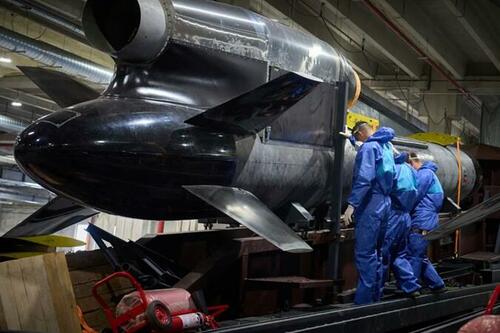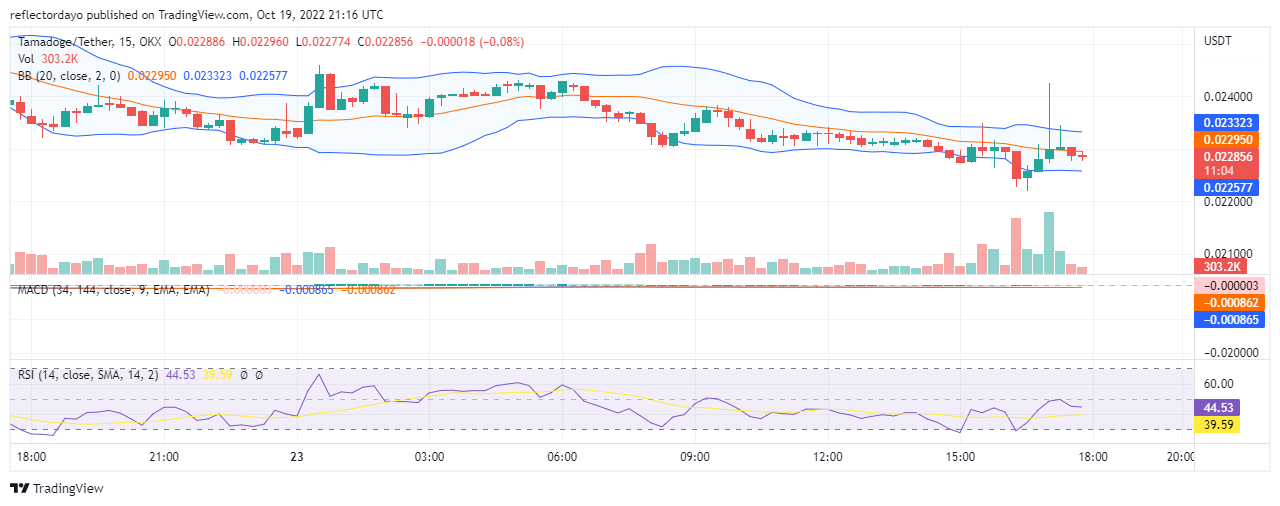Rugby bosses will face a parliamentary committee next month to address the game’s financial crisis.
Wasps joined Worcester in administration on Monday, making 167 members of staff including players and coaches redundant. Both clubs had already been suspended from the Gallagher Premiership, which now contains just 11 teams.
Officials from the Rugby Football Union and Premiership Rugby are now set to appear before the Digital, Culture, Media and Sport (DCMS) committee next month, to answer questions on the problems facing those clubs and the wider sustainability of the game. A precise date still to be confirmed.
DCMS committee chair Julian Knight said: “The fact that two of the country’s top clubs have now suffered the fate of falling into administration raises serious concerns about the future of the sport and its financial viability.
“The RFU and Premiership Rugby have acknowledged the need to set a more sustainable path for club rugby.
“We will be pressing them to ensure they are putting the foundations in place to guarantee the health of the sport from the top level right down to the grassroots.”
Wasps were hit by by a winding-up order from HM Revenue and Customs for £2million in unpaid tax, and they also faced having to repay a £35m bond which had helped finance the club’s relocation to Coventry during 2014.
We will be pressing them to ensure they are putting the foundations in place to guarantee the health of the sport from the top level right down to the grassroots.
DCMS committee chair Julian Knight
Wasps have been ever present in the Premiership since the competition began 25 years ago, winning it in 2003, 2004, 2005 and 2008.
They were also crowned European champions twice, in addition to achieving one European Challenge Cup triumph, and have fielded some of England’s most well-known players during rugby union’s professional era.
The RFU’s chief executive Bill Sweeney says the governing body supports a move to a 10-team Premiership from the 2024-25 season onwards to try and avoid the current overlap between domestic and international matches.
Asked if a reduced, 10-team Premiership could be an answer, Sweeney said: “I do see it as viable for a number of reasons, and we’ve been saying for quite some time now that less is more.
“I don’t know if 10 is the absolute number but that’s the one being used now, but in that and the central distribution around broadcast and commercial revenues, clearly there’s a financial benefit for less teams in that league.
“Clearly one of the major issues we’ve got to grapple with is the calendar.
“And one of the things that’s held us back in England is the overlap between the international game and the club game.
“So a reduction in the size of PRL (Premiership Rugby Limited) will help us with that.”












